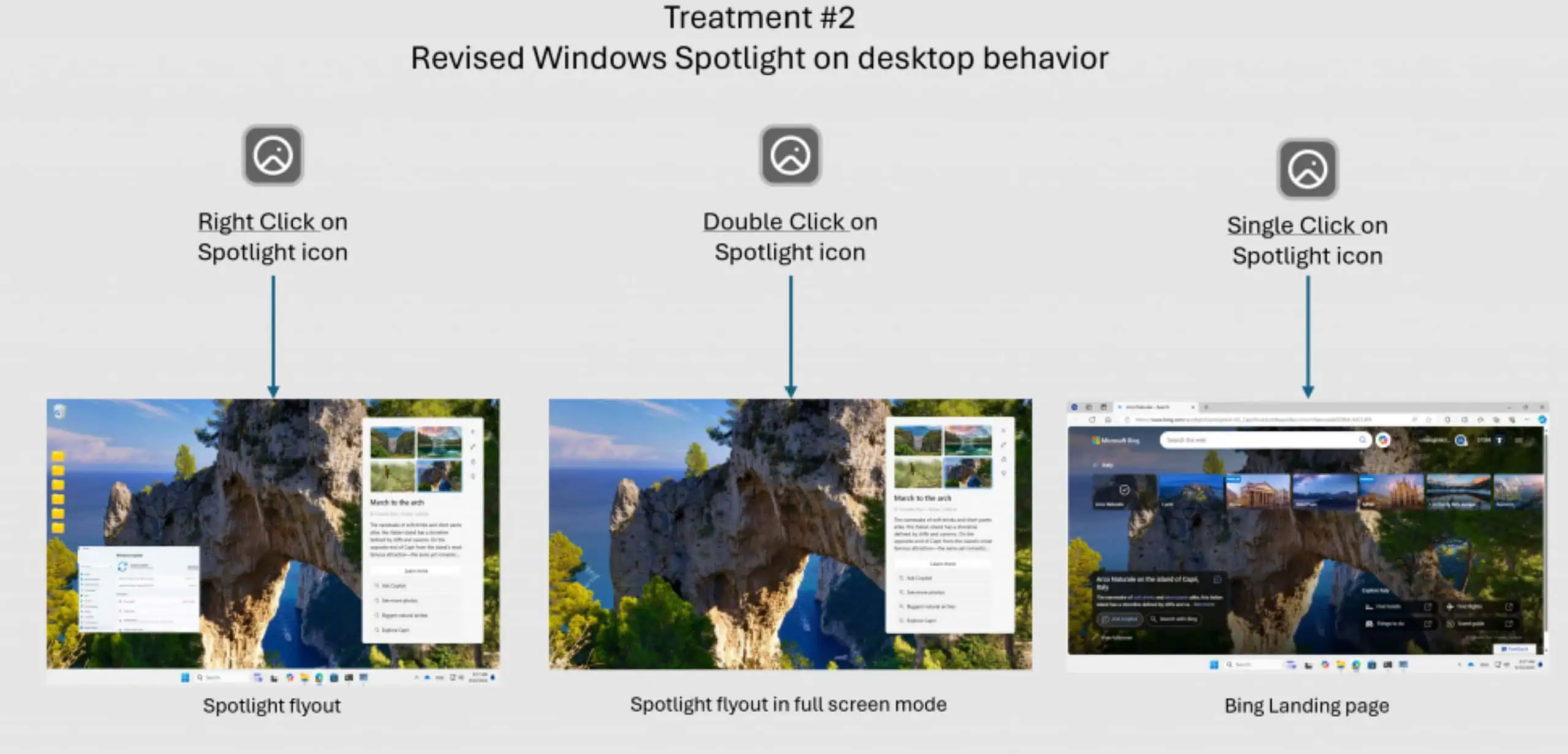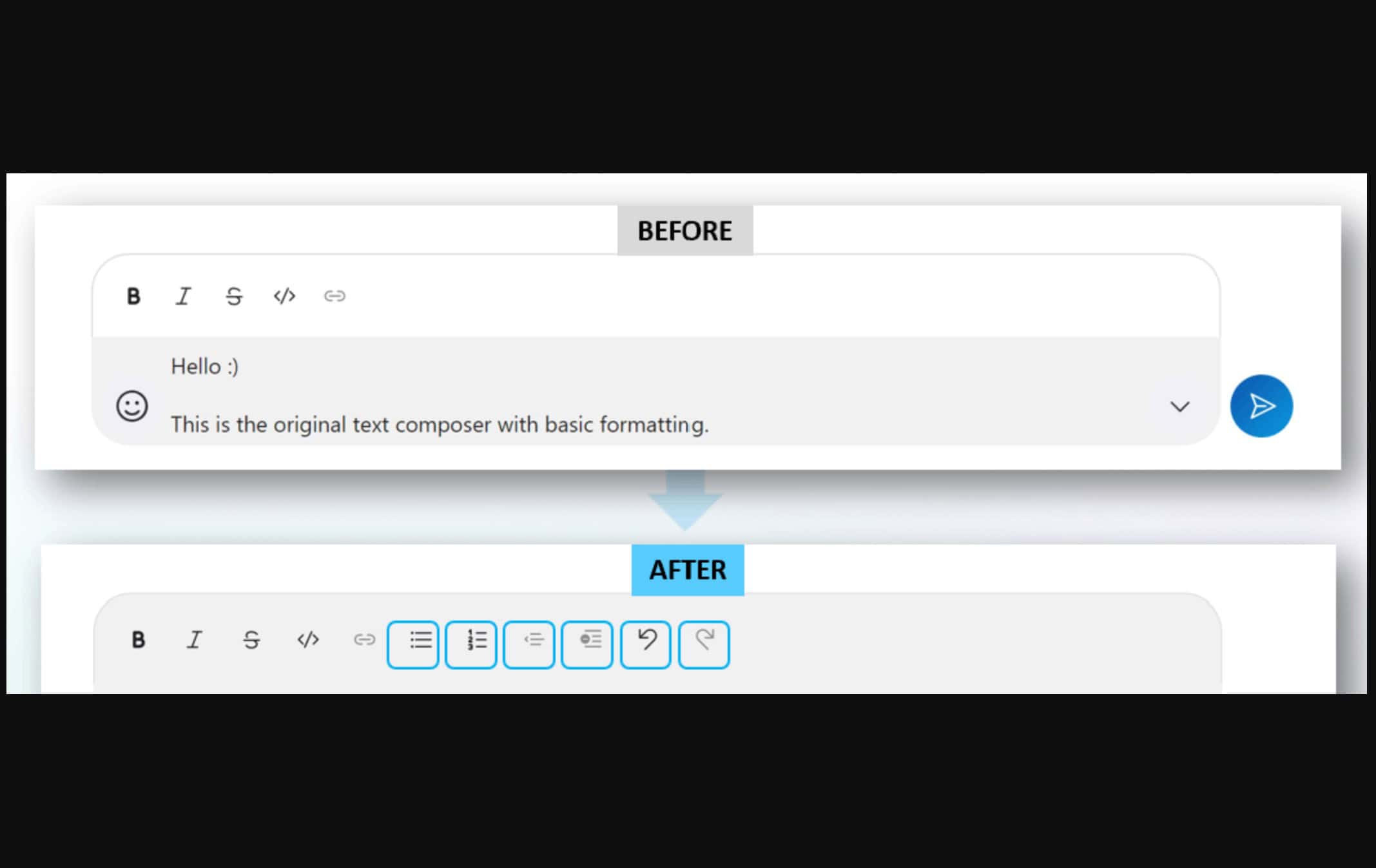Azure Storage Service now supports larger block blobs, incremental copy and more
2 min. read
Published on
Read our disclosure page to find out how can you help MSPoweruser sustain the editorial team Read more

Microsoft last week released new capabilities for the Azure Storage Service. They announced increased block sizes of 100 MB, which allows block blobs up to 4.77 TB, as well as features like incremental copy for page blobs and more. Find the full list of changes below.
- The maximum blob size has been increased to 4.77 TB with the increase of block size to 100 MB.
- The Put Message API now returns information about the message that was just added, including the pop receipt. This enables the you to call Update Message and Delete Message on the newly enqueued message.
- The public access level of a container is now returned from the List Containers and Get Container Properties APIs. Previously this information could only be obtained by calling Get Container ACL.
- The List Directories and Files API now accepts a new parameter that limits the listing to a specified prefix.
- All Table Storage APIs now accept and enforce the timeout query parameter.
- The stored Content-MD5 property is now returned when requesting a range of a blob or file. Previously this was only returned for full blob and file downloads.
- A new Incremental Copy Blob API is now available. This allows efficient copying and backup of page blob snapshots.
- Using If-None-Match: * will now fail when reading a blob. Previously this header was ignored for blob reads.
- During authentication, the canonicalized header list now includes headers with empty values. Previously these were omitted from the list.
- Several error messages have been clarified or made more specific.
They have also released the updated .NET Client Library (version 8.0.1) to support all the above service features, support for portable class library (through the NetStandard 1.0 Façade) and key rotation for client side encryption for blobs, tables/ and queues.
Check out the documentation here for more details on this release.








